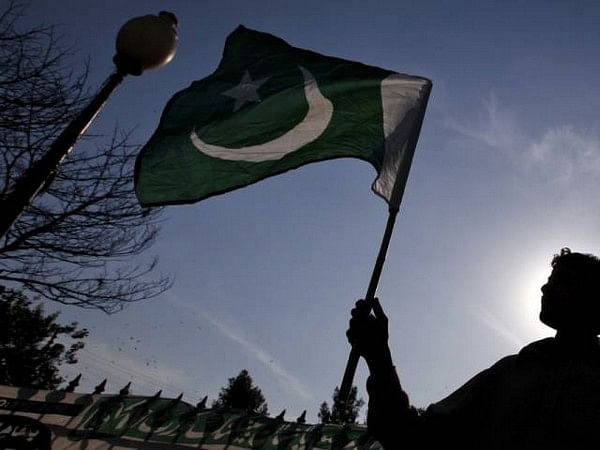Islamabad [Pakistan], April 4 (ANI): The issue of enforced disappearances has plagued Pakistan, especially the Balochistan province and according to official data out of 22,600 cases of enforced disappearances, 348 names are from the Kohlu district of the province.
There have been several protests across the world to highlight extra-judicial abductions and enforced disappearances by Pakistan’s security agencies, especially by the spy agency ISI Inter-services Intelligence that is still continuing in Balochistan for over two decades.
The cases of enforced disappearances are normal in Pakistan’s Balochistan, as 348 people are reportedly missing from the Kohlu district of the province, according to official data.
A list of enforced disappearances having 348 names was issued by Deputy Commissioner Kohlu district in Pakistan’s Balochistan province, according to reports.
The list reportedly contained 22,600 names of the people who were disappeared from Balochistan.
Recently, students had held protests in front of the Press Club in the capital city of Pakistan, seeking the release of fellow student Hafeez Baloch, who was forcibly disappeared by Pakistani intelligence agencies.
The Human Rights Commission of Pakistan (HRCP) earlier had expressed alarm over reports of a fresh wave of enforced disappearances in Balochistan and the rest of Pakistan, including most recently, Hafeez Baloch, a postgraduate student at the university in Islamabad.
In a statement, the commission said Baloch was allegedly disappeared while in Khuzdar, where he volunteers at a local school. Reports suggest that he was abducted in front of his students, the Dawn newspaper reported.
Cases of enforced disappearances are endemic to Pakistan and there are reports of a fresh wave of “missing persons” in the country.
Highlighting the gross human rights violations by Pakistan and China using the ‘brutal military machines’, the Baloch, Sindhi and other leaders provided insights about how the respective governments are exploiting the resources of the region and eliminating their communities by way of keeping them undernourished and illiterate.
Speaking at the conference at the Press Club in Geneva, Dr Lakhumal Luhana, General Secretary of the World Sindhi Congress (WSC) said that during the partition in 1947, Sindh came to Pakistan and that was the start of a “very darkest era”.
Sindh, according to the official figures, provides 70 per cent of the resources of the wealth of the revenue of Pakistan. However, the situation is such that 7 million children under the age of 10 are out of education, he said.
Luhana further said that the real figures are that 67 per cent of girls are out of education. About 80 per cent of the schools don’t have water or sanitation facilities.
Experts believe that the missing persons may be dead, their mutilated bodies dumped into ditches. They may be interned, locked in some detention centre of dubious legality. (ANI)
This report is auto-generated from ANI news service. ThePrint holds no responsibility for its content.




